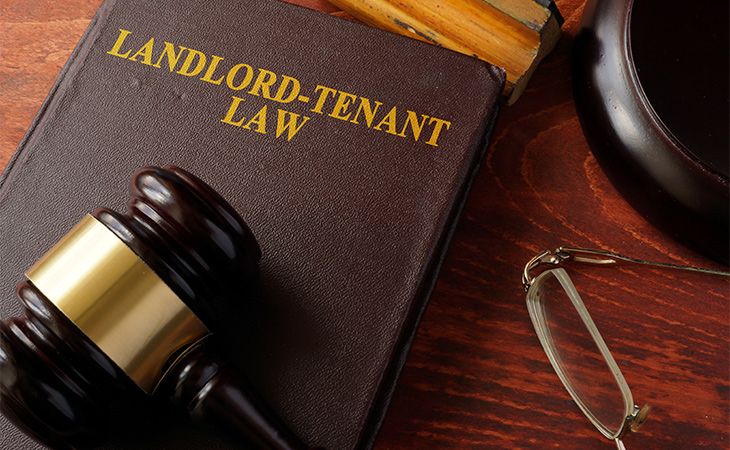When you learn that your landlord will sell your property, you may experience fear and negativity. However, you shouldn’t be frightened as tenants are protected by law in this case. Unless your contract expressly permits it, your landlord isn’t allowed to terminate your lease in the event of a sale. You have the right to at least 30 days’ notice before being compelled to relocate. However, you may be permitted to remain in your rented unit until the lease expires.
There are a few times in the tenant-landlord relationship causing potential stress when the property is being sold. Continue reading to learn about NYC tenants rights when landlord sells your home.

1. Month-to-Month Lease
You have a few options if you rent on a month-to-month basis. As a result of the transaction, your landlord may opt not to renew your lease. If that’s the case, you should be provided with 30 days’ notice. If you’ve resided in the property for more than a year, it’s a requirement by different jurisdictions for you to be provided 60 days’ notice. If your landlord fails to provide you notice, you’re not obligated to take any action. You may remain in the residence until it’s sold.
When this occurs, the new owners may choose to extend their current lease, engage in a new lease with you, or serve you with notice to vacate the premises. You’ll have between 30-60 days to vacate the premises, depending on your state’s statutes. If you’re aware that the house is for sale and you don’t wish to remain, you may find another place to live and provide your landlord with the notice needed by your lease terms.
2. Fixed Lease
If your lease is for a specified amount of time, the law guarantees your right to remain in your home until it expires. If your rented property is sold during your lease term, you pay your rent to the new owner after the sale is complete. When your lease term expires, you and the new owner have the option of renewing the terms, amending it, or terminating it.
On the other hand, your new landlord isn’t permitted to modify any of the conditions of your old lease unless both parties agree in writing. Leases that include a clause allowing for lease termination due to the property’s sale are an exception. If your lease contains one, it’ll say a deal will result in the lease’s ending and the period during which you must vacate.
3. 24-48 Hours’ Notice Is Required Before Showings
Consider the additional communication that’d be required to prepare for visitations. Homeowners already face significant challenges in preparing their residences for showings. Obtaining permission to visit the property in advance is required by the law so as to be courteous and to provide an opportunity to clean up.
While state regulations vary, almost half of all states require landlords to give at least 24 hours’ notice before visiting a property, including showings. If a 24 to 48-hour window is unavailable, the law requires ‘reasonable notice,’ which should be agreed upon in advance by the tenant and landlord.

Additionally, the notice covers appointments for home inspections, appraisals, routine maintenance, and any other visits to the property throughout its sale. Furthermore, owners must be aware of appointment hours and provide adequate warning.
The landlord must show the property during ‘reasonable hours,’ which implies showing your home at 10:00 pm is unreasonable, and the landlord may violate your rights. Because there’s some leeway in defining the term, landlords and tenants should collaborate to find the optimum times of the day and days of the week for both parties.
4. Recover Your Security Deposit
If you paid a security deposit to your prior landlord, you should be able to reclaim it from your new landlord once you’ve moved out, assuming no damages occurred. In that situation, the new landlord may retain all or a portion of your security deposit to pay any damages beyond regular wear and use.
Landlords in New York must either restore the security deposit within 21 days or provide a letter explaining why they hold a portion of it. Additionally, the letter must include an itemized receipt for charges.
Takeaway
Housing concerns should be a non-issue, yet they frequently are. If you rent a home and discover that your landlord is considering selling it or has already sold it, the prudent course of action is to maintain your composure. Both you and your landlord should adhere to the law, regardless of what others believe or what pertinent horror stories are shared with you.















